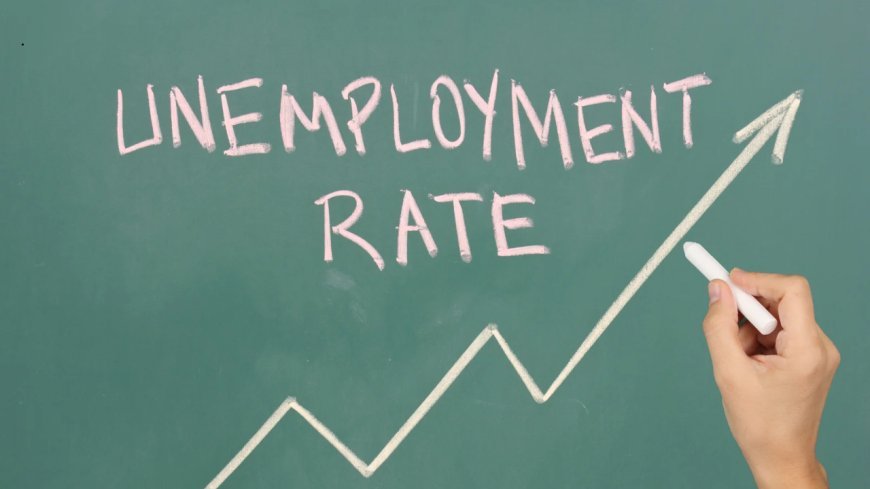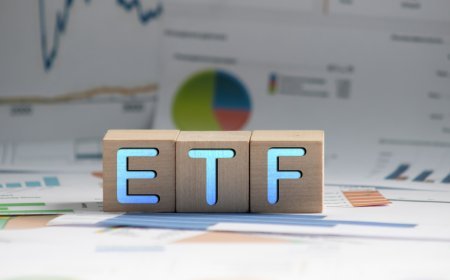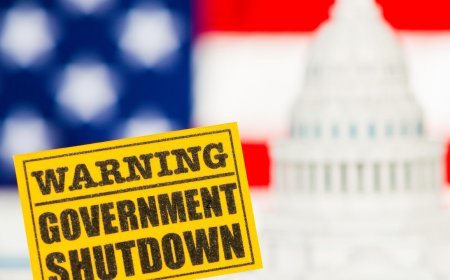U.S. Job Growth Plummets to 22,000 in August: What It Means for Your Finances
The U.S. job market slowed sharply in August 2025, with the Bureau of Labor Statistics reporting just 22,000 new jobs, the lowest monthly gain since the early COVID-19 era. Unemployment rose to 4.3%, and layoffs jumped nearly 40%, adding to growing recession concerns.

High borrowing costs, stubborn inflation, and sector-specific declines in manufacturing and retail are weighing heavily on employers. With fewer job openings — now at a 10-month low — workers are finding it harder to switch jobs or negotiate higher pay.
For everyday households, the slowdown has several financial implications:
- Budgeting: If layoffs continue, income security becomes less certain. Experts recommend building or replenishing an emergency fund covering 3–6 months of expenses.
- Credit: In times of economic stress, access to credit can tighten. Maintaining a strong credit score by paying bills on time and keeping balances low will be critical.
- Investing: Market volatility may rise. A balanced approach — diversifying across stocks, bonds, and cash — helps reduce risk. Defensive sectors such as healthcare and consumer staples often perform better in slowdowns.
- Financial Tools: Digital budgeting apps and credit monitoring tools can provide real-time insight into spending, debt levels, and opportunities to cut costs.
Interest Rates at the Core
Much of the labor market weakness stems from high interest rates, which make borrowing more expensive for businesses and households alike. While this cools inflation, it also slows hiring and economic activity.
If job growth continues to falter, rates may eventually come down. But for now, families should plan with the expectation that borrowing — whether for mortgages, auto loans, or credit cards — will remain expensive.
Takeaway for Households
The August jobs report is a reminder to stay financially prepared. That means:
- Protect your budget with emergency savings.
- Keep credit strong in case lending tightens.
- Diversify investments to withstand market swings.
- Use financial tools to track and manage money more effectively.
The U.S. economy is showing cracks, but with careful planning, households can navigate the slowdown while safeguarding their financial health.
What's Your Reaction?
 Like
0
Like
0
 Dislike
0
Dislike
0
 Love
0
Love
0
 Funny
0
Funny
0
 Angry
0
Angry
0
 Sad
0
Sad
0
 Wow
0
Wow
0













































